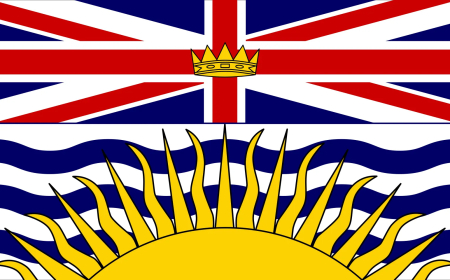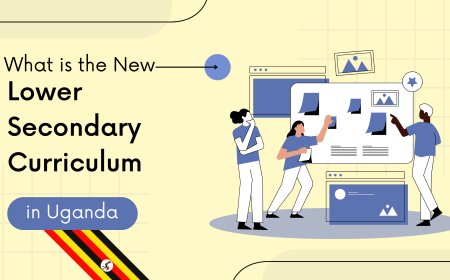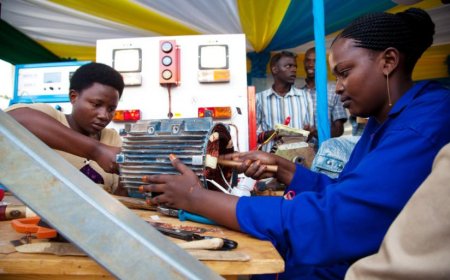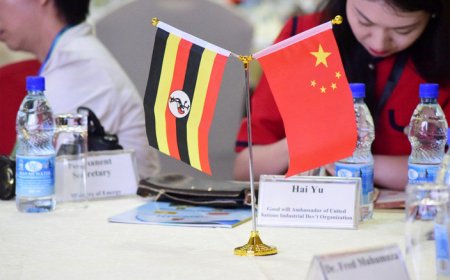Uganda's Education Policy Review Commission (EPRC) Report: Key Reforms & Recommendations
The 2021 Education Policy Review Commission (EPRC) report, chaired by Col. Nuwe Amanya Mushega, proposes key reforms in Uganda's education sector, including governance changes, curriculum adjustments, education financing, and teacher training improvements. Read the full breakdown here.
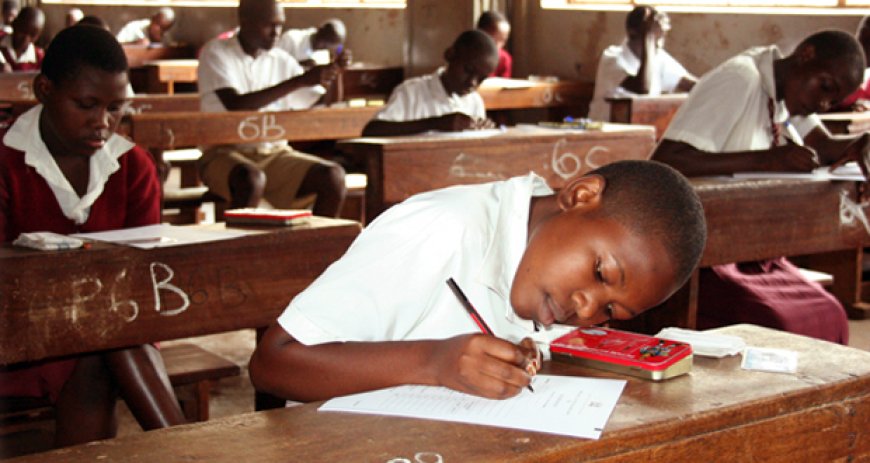
The Education Policy Review Commission (EPRC), appointed in 2021 by President Yoweri Kaguta Museveni, has released its comprehensive report detailing critical reforms for Uganda's education sector. Chaired by retired Education Minister Colonel Nuwe Amanya Mushega, the commission examined the current state of education and proposed significant changes to enhance its effectiveness.
Background of the EPRC
The EPRC was established under Legal Notice No. 5 of 2021 to investigate the challenges within Uganda’s education sector and recommend urgent reforms. The commission, consisting of educationists and senior citizens, compiled a 242-page report outlining key transformations.
Proposed Structural Changes
One of the major recommendations is renaming and restructuring the Ministry of Education and Sports (MoES) to the Ministry of Education, Sports, and Training (MoEST). This change aims to improve leadership and efficiency in managing Uganda’s education system.
The report also calls for the dissolution of the National Council for Higher Education, the Directorate of Educational Standards, and the TVET Council, merging them into a single regulatory body, the National Education Standards & Quality Assurance (NESQA).
Governance and Policy Reforms
The EPRC recommends:
- Recentralizing school inspections from districts back to the national level.
- Increasing government oversight in grant-aided schools.
- Redefining the role of faith-based organizations in education governance.
- Using national ID and NIN numbers to track students throughout their education journey.
Language and Curriculum Adjustments
- Learners up to Primary 4 should be instructed in their mother tongue, with English as a subject.
- From Primary 5 onwards, English should become the main language of instruction.
- Students should be proficient in three languages: English, Kiswahili, and their mother tongue.
- Continuous assessment should replace the Primary Leaving Examination (PLE), with national exams only at the O-Level stage.
Education Financing Recommendations
- Uganda should allocate 7% of its GDP and 20% of its national budget to education and sports.
- Public education investment should be distributed as follows:
- 70% to basic education (50% primary, 20% secondary)
- 14% to TVET
- 10% to tertiary education
- 6% to other sectors
- Parental involvement in funding and school operations should be encouraged.
- A 10-year periodic review of the education system should be mandated.
Basic Education Reforms
- Basic education should cover 11 years: 1 year of nursery, 6 years of primary, and 4 years of O-Level.
- should be prioritized, with community agricultural support.
- Parents should be legally required to enroll their children in school, with penalties for non-compliance.
Higher Education and Teacher Training
- The commission calls for abolishing provisionally licensed universities and ensuring full compliance before operation.
- Public universities should have greater financial and operational autonomy.
- The loan scheme should prioritize financially disadvantaged students.
- All TVET instructors must be industry practitioners.
- A Teachers Council should be established to regulate teacher accreditation, similar to the Law Council.
- Teachers' salaries should be tax-exempt to attract and retain quality educators.
Schooling Hours and Learning Environment
- New recommended school hours:
- Nursery: 8 AM – 12 PM (4 hours)
- Primary: 8 AM – 3 PM (7 hours)
- Secondary: 8 AM – 4 PM (8 hours)
- UNEB should be disbanded, shifting focus from exam-based education to skill development and character formation.
- A national sports tribunal should be established to handle disputes in the sports sector.
Conclusion
The Mushega-led Education Policy Review Commission report presents transformative recommendations aimed at enhancing Uganda’s education system. From governance reforms to language policies, education financing, and teacher training, these changes could reshape the sector for future generations. The government will now review the report and formulate a Cabinet White Paper to determine the feasible reforms for implementation.






















